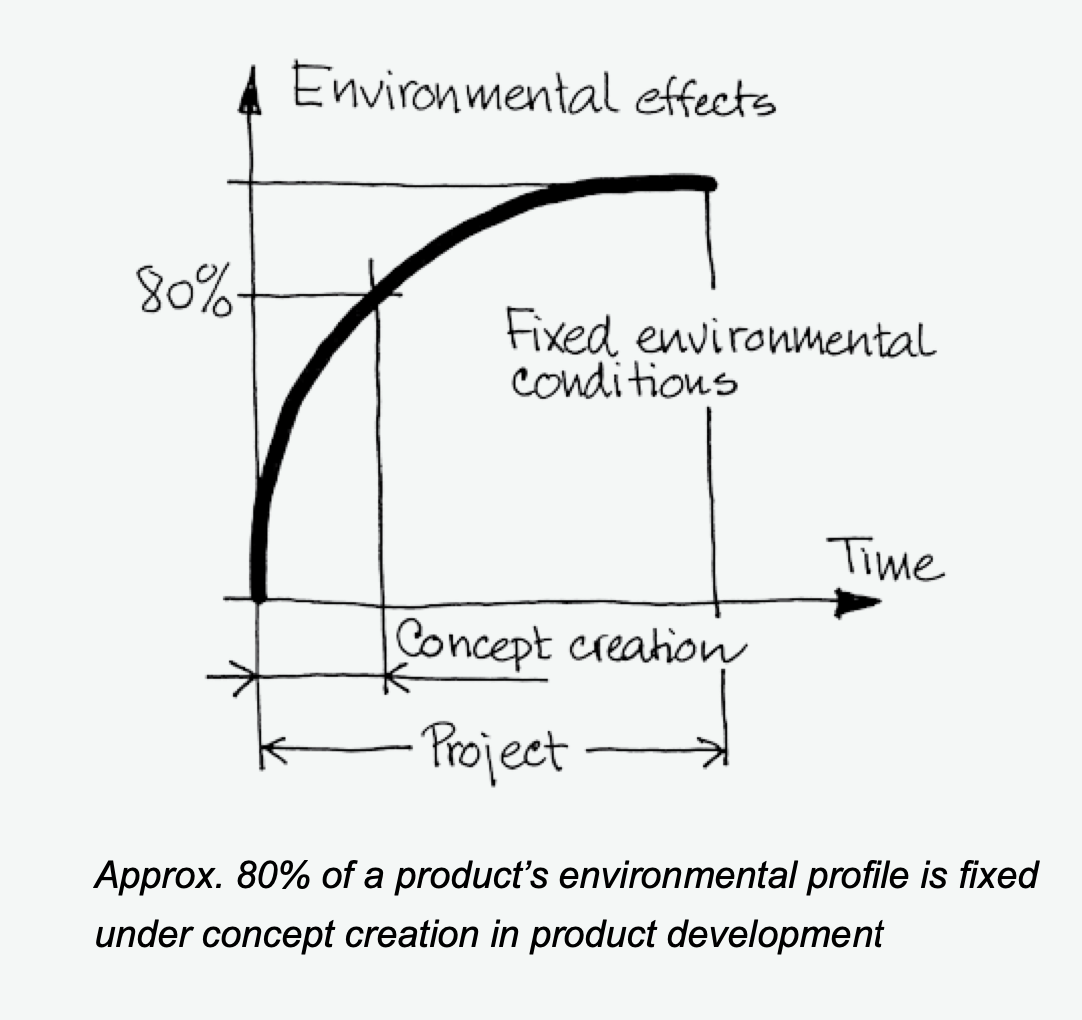September 2024 The Shift e-newsletter
ACLCA 2024 | Underspecification | Upcoming Training
Join us at ACLCA
The 2024 ACLCA conference in Snowbird, UT is rapidly approaching and we are thrilled to again be contributing to and exhibiting at the conference.
We are excited to share our expertise and our newest resource for the first time.
Tom Etheridge, Principal Sustainability Advisor at ESG, is also the Chair of the ACLCA Institute, and Vice-Chair and Secretary of the ACLCA. He has been instrumental in the design of the Institute and conference.
Lise Laurin, CEO of ESG, will be supporting Juanita Barrera, ESG Senior Sustainability Advisor, in presenting a pre-conference workshop on Advanced Life Cycle Inventory (LCI) Data Development on 9/23 at 11am. This 90 minute course explores techniques and sources to use to more accurately model needed inventory and will focus on agriculture and electronics data as these areas have proven to be both important and difficult to model.
Back by popular demand at the ACLCA Institute, Tess Konnovitch, ESG Data Visualization Specialist, will be presenting How to Effectively Present LCA Results on 9/24 at 8:30am.
On behalf of ESG and the Good Food Institute (GFI), Juanita Barrera will be presenting a Comparative Life Cycle Assessment of Innovative Plant-Based and Conventional Meat Products on 9/24 at 3pm.
Lise Laurin and Tom Etheridge will be joined by Ismael Velasco, ESG Chief Technology Officer, to present Environmental impacts of software design decisions in a SaaS product: a Life Cycle Assessment approach as part of the Fates and Impacts Session on 9/24 at 10:30am.
EarthShift Global is making an exciting announcement at ACLCA this year!
Come by our booth to learn more.
How “Lightweight” LCA Can Give Product Developers Essential Impact Data in Earlier Stages

Source: Environmental improvement through product development Guide by McAloone, Tim C.; Bey, Niki
Research has shown that simplified modeling, underspecification, better visualization can bring transformative advances to Design for Sustainability
Design for Sustainability (DfS) is, deservedly, a hot topic across industrial sectors, as product designers strive to make impact-reducing decisions on materials, manufacturing processes and facilities, energy efficiency, circular end-of-life models, and other sustainability considerations.
Achieving those goals requires clear visibility into environmental impacts early on, as designers explore basic options prior to finalization. Life cycle assessment (LCA) is an ideal method for providing that type of insight, but there’s a hitch: industry-standard LCA tools are complex and challenging for non-specialists, and they require extensive data about product details, which doesn’t exist in preliminary design phases. This lack of information, along with the fast pace of the design environment, has traditionally constrained designers from modeling and assessment at early stages.
This results in the so-called "eco-design paradox." Although preliminary design phases offer the greatest opportunity for product improvement at the lowest cost, with up to 80 percent of impacts fixed in the concept-creation stage, the inability of LCA tools to handle early-phase uncertainty makes accurate impact assessment impossible at that stage.
How can that paradox be overcome? Fortunately, researchers exploring the problem have identified key functional elements that would enable “lightweight” environmental assessments during early stages of product development.
Upcoming Online Training
Introduction to Life Cycle Assessment
October 2-3, 2024
Integrating Sustainability into the Organization
October 16-17, 2024
Sustainable Return on Investment (S-ROI)
October 16, 2024
Methods for Evaluating the Social and Economic Pillars of Sustainability
October 23, 2024